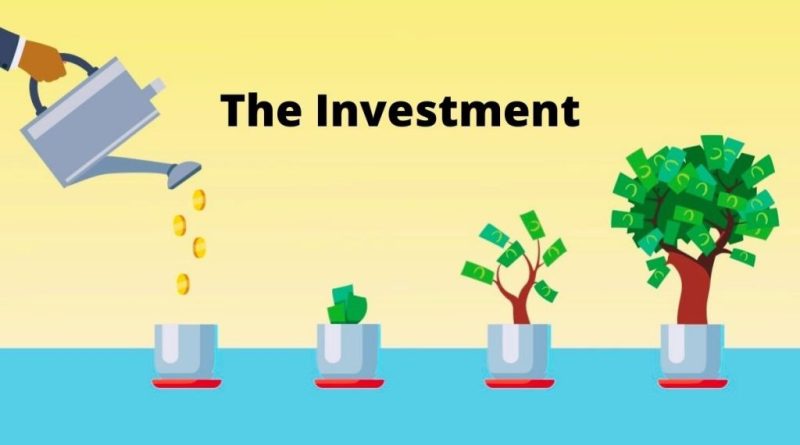Investment Definition and Its Importance
An investment always concerns the outlay of some asset today (time, money, effort, etc.) in hopes of a greater payoff in the future than what was originally put in.
What’s an Investment?
Investing is putting money to work to start or expand a project – or to purchase an asset or interest – where those funds are then put to work, with the goal to income and increased value over time.
The term “investment” can refer to any mechanism used for generating future income. In the financial sense, this includes the purchase of bonds, stocks or real estate property among several others.
Additionally, a constructed building or other facility used to produce goods can be seen as an investment. The production of goods required to produce other goods may also be seen as investing.
Taking an action in the hopes of raising future revenue can also be considered an investment. For example, when choosing to pursue additional education, the goal is often to increase knowledge and improve skills in the hopes of ultimately producing more income. This is also the main goal of reading articles on Investopedia.
Because investing is oriented toward future growth or income, there is risk associated with the investment in the case that it does not pan out or falls short. For instance, investing in a company that ends up going bankrupt or a project that fails.
This is what separates investing from saving – saving is accumulating money for future use that is not at risk, while investment is putting money to work for future gain and entails some risk.
- Investment is the act of putting money to work to start or expand a business or project or the purchase of an asset, with the goal of earning income or capital appreciation.
- Investment is oriented toward future returns, and thus entails some degree of risk.
- Common forms of investment include financial markets (e.g. stocks and bonds), credit (e.g. loans or bonds), assets (e.g. commodities or artwork), and real estate.
Economic growth can be encouraged through the use of sound investments at the business level. When a company constructs or acquires a new piece of production equipment in order to raise the total output of goods within the facility, the increased production can cause the nation’s gross domestic product (GDP) to rise.
Read Also: The Complete 12-Step Guide to Starting a Business
This allows the economy to grow through increased production based on the previous equipment investment.
The IS-LM model, which stands for “investment-savings” (IS) and “liquidity preference-money supply” (LM) is a Keynesian macroeconomic model that shows how increases in investment at a national level translate to increases in economic demand, and vice-versa.
An investment bank provides a variety of services designed to assist an individual or business in increasing associated wealth. This does not include traditional consumer banking.
Instead, the institution focuses on investment vehicles such as trading and asset management. Financing options may also be provided for the purpose of assisting with the these services.
Investment banking is a specific division of banking related to the creation of capital for other companies, governments and other entities. Investment banks underwrite new debt and equity securities for all types of corporations, aid in the sale of securities, and help to facilitate mergers and acquisitions, reorganizations and broker trades for both institutions and private investors.
Investment banks also provide guidance to issuers regarding the issue and placement of stock, such as with an IPO or rights offering.
Speculation is a separate activity from making an investment. Investing involves the purchase of assets with the intent of holding them for the long term, while speculation involves attempting to capitalize on market inefficiencies for short-term profit.
Ownership is generally not a goal of speculators, while investors often look to build the number of assets in their portfolios over time.
Although speculators are often making informed decisions, speculation cannot usually be categorized as traditional investing. Speculation is generally considered higher risk than traditional investing, though this can vary depending on the type of investment involved. Some consider speculation more akin to gambling than anything else.



